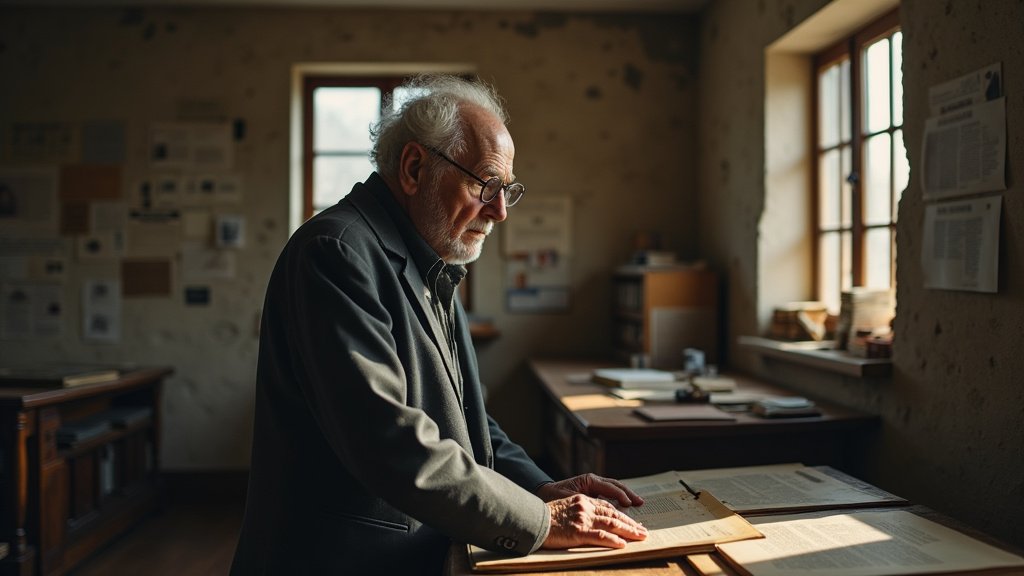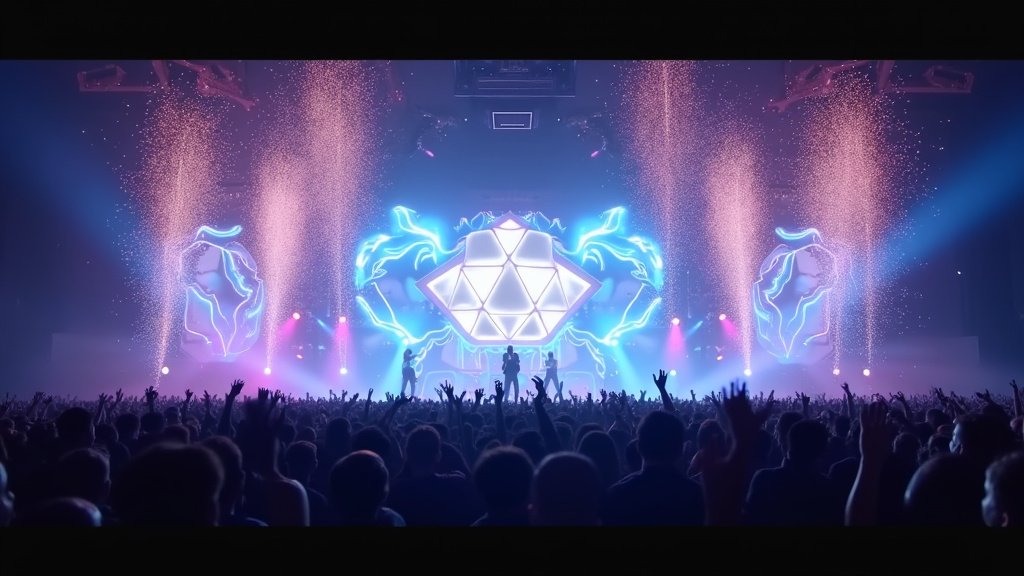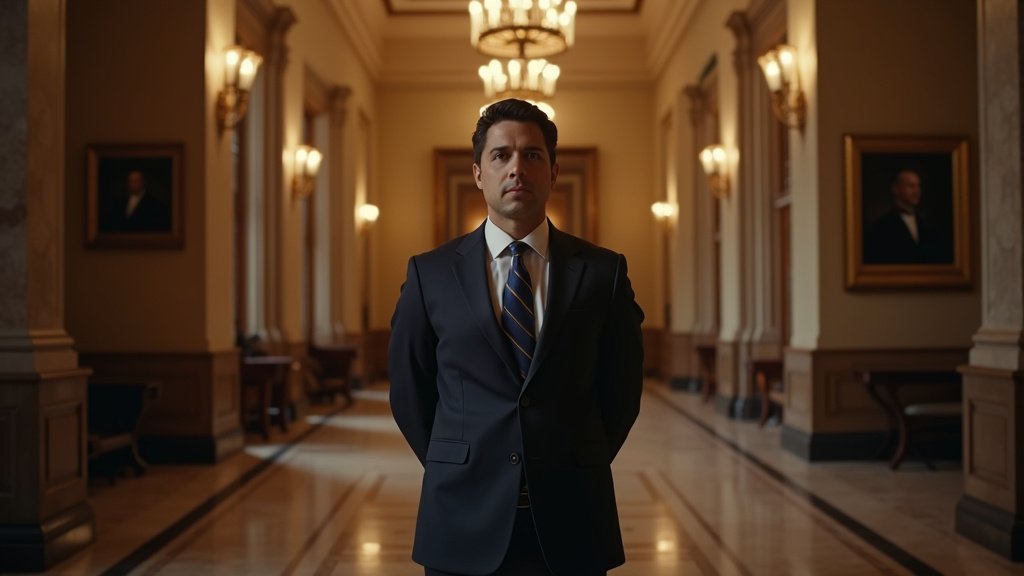David Schaecter, Holocaust Survivor and Tireless Advocate for Remembrance, Dies at 96 in Miami
David Schaecter, a resolute voice for Holocaust remembrance and a survivor whose life’s work was dedicated to educating future generations about the horrors of genocide, passed away peacefully at his home in Miami at the age of 96. His death marks the end of an era for many who were touched by his powerful testimonies and unwavering commitment to ensuring the lessons of the Holocaust are never forgotten.
A Life Forged in Adversity
Born in Slovakia in 1928, Schaecter’s early life was irrevocably shattered by the advent of World War II and the systematic persecution of Jewish people. His experiences during the Holocaust were harrowing, involving prolonged periods in concentration camps, including the notorious Auschwitz-Birkenau. He endured starvation, forced labor, and the constant threat of death, witnessing firsthand the unimaginable cruelty and systematic extermination that defined the Nazi regime’s genocidal policies. These deeply scarring experiences, which claimed the lives of much of his family, would shape the trajectory of his entire existence, instilling in him a profound sense of purpose to bear witness. His father was taken away by Nazis in 1940, and a year later, Schaecter, his mother, and two younger sisters were transported by cattle car to Auschwitz when he was just 11 years old. He was separated from his mother and sisters upon arrival and never saw them again. Miraculously, he remained with his older brother, Jacob, for about 18 months in Auschwitz before they were transferred together to Buchenwald. Jacob, who protected David and took beatings meant for him, eventually succumbed to illness and died before liberation, leaving a 13-year-old David alone..
From Survivor to Educator in Miami
After surviving four concentration camps and escaping from a train bombing near Passau, Bavaria, Schaecter eventually made his way to Prague. He spent four years in a youth hostel, studying before traveling to the United States in 1949 as an exchange student. He arrived in Miami in 1956, having studied industrial engineering at UCLA and built a successful business.. It was here that he began to build a new life, but he never strayed from the imperative to share his story. He recognized that with each passing year, fewer survivors would be alive to tell their tales. Driven by this urgency, Schaecter dedicated himself to becoming a powerful educator, transforming his personal trauma into a universal message of caution and hope.
He became a prominent figure within the Miami Jewish community and beyond, speaking at schools, synagogues, and public forums. He co-founded the Holocaust Memorial Miami Beach, a place he visited regularly to share his story and that of his peers.. His lectures were not merely recitations of historical events; they were deeply personal accounts, delivered with raw emotion and an authenticity that captivated audiences. He detailed the dehumanization, the loss, and the resilience of the human spirit amidst unimaginable despair. Schaecter’s approach was characterized by his directness, his refusal to shy away from the brutal truths, and his insistence on the importance of individual action against prejudice and hatred..
A Message for the World
David Schaecter’s mission extended far beyond simply recounting his own suffering. He understood that by sharing his story, he was sending a critical message to the world: a message about the dangers of indifference, the seductive nature of extremism, and the devastating consequences of unchecked hatred. He frequently emphasized that the Holocaust did not happen overnight but was a gradual descent into barbarism, fueled by apathy and the erosion of democratic values. His testimonies served as stark warnings against the dehumanization of any group and underscored the moral obligation of every generation to remain vigilant against intolerance..
He was a testament to the fact that survivors, who are vital voices in combating historical revisionism and apathy, possess a unique power to shape public consciousness. By actively engaging with young people, Schaecter aimed to cultivate empathy and critical thinking, equipping them with the knowledge to recognize and reject the precursors to genocide in their own time.. Even at 93, he was actively involved in projects like the University of Southern California Shoah Foundation’s Dimensions in Testimony, which created an interactive hologram of him to answer over 1,000 questions, ensuring his voice would persist beyond his lifetime.. He often stated, “I want them to be my mouthpiece. To tell the story that they heard me telling them when I’m no longer.”.
An Enduring Legacy
Schaecter’s passing is a profound loss for Holocaust education and remembrance. He leaves behind a legacy built on courage, resilience, and an unyielding dedication to truth. His voice, now silenced, will continue to resonate through the countless individuals he inspired, the students he educated, and the institutions that preserve his memory. The lessons he imparted – about the fragility of civilization, the importance of human dignity, and the enduring fight against antisemitism and all forms of hate – remain more relevant than ever.. His commitment to education extended to being a founding board member of the Holocaust Memorial Miami Beach, ensuring a physical space for remembrance and contemplation..
As the number of living Holocaust survivors dwindles, the work of individuals like David Schaecter becomes even more crucial. His life served as a living monument to those who perished and a powerful call to action for those who remain. The community in Miami and the global audience that followed his journey mourn the loss of a remarkable man whose impact on historical understanding and human conscience will endure for generations to come..





